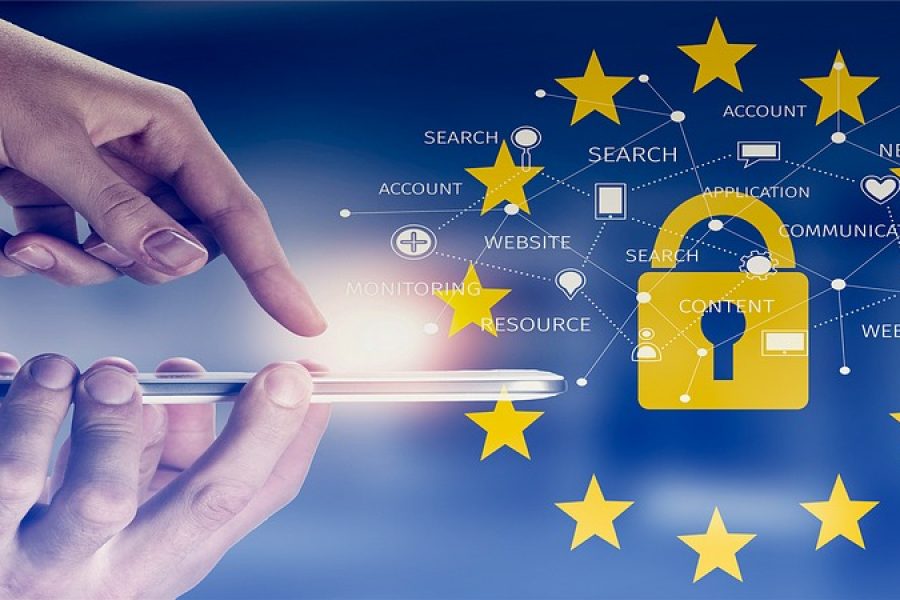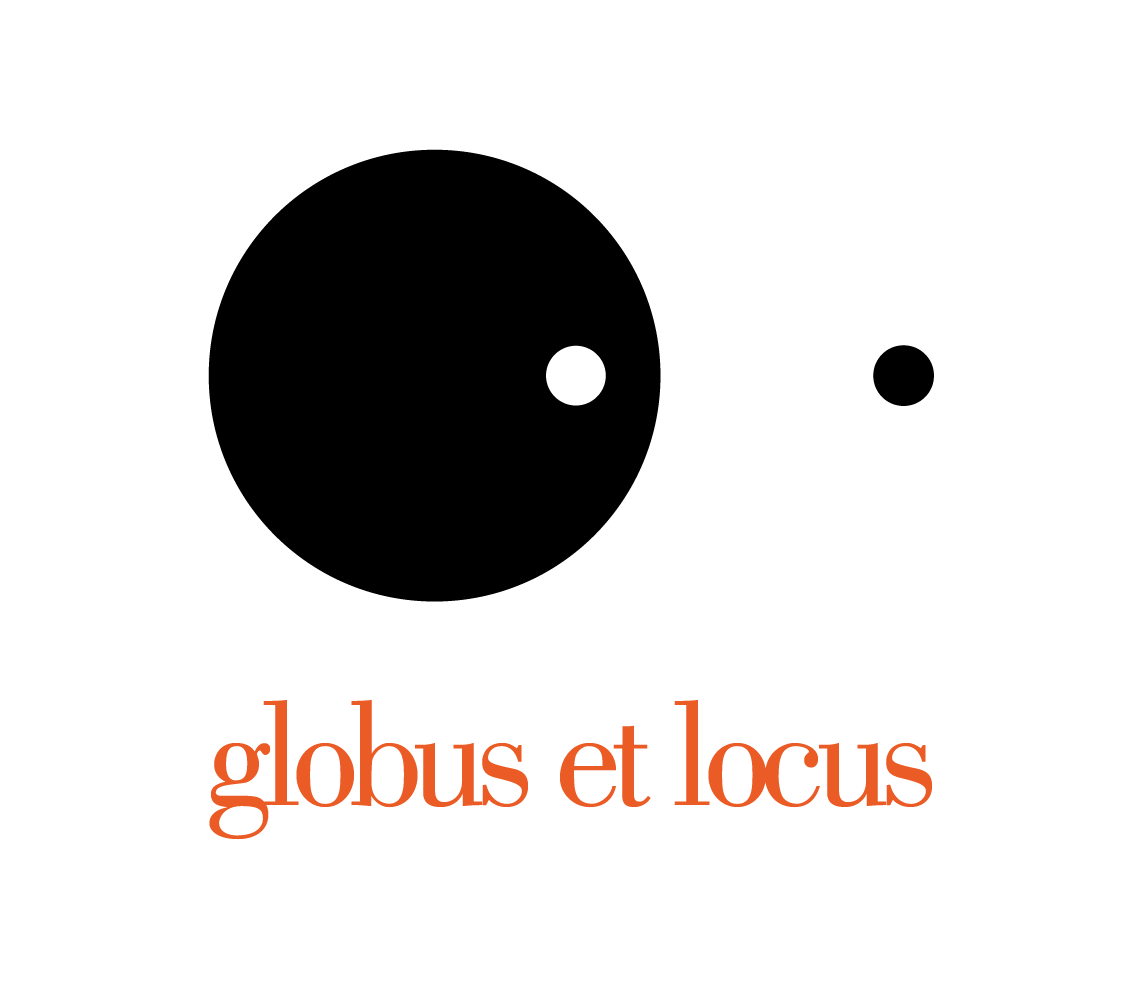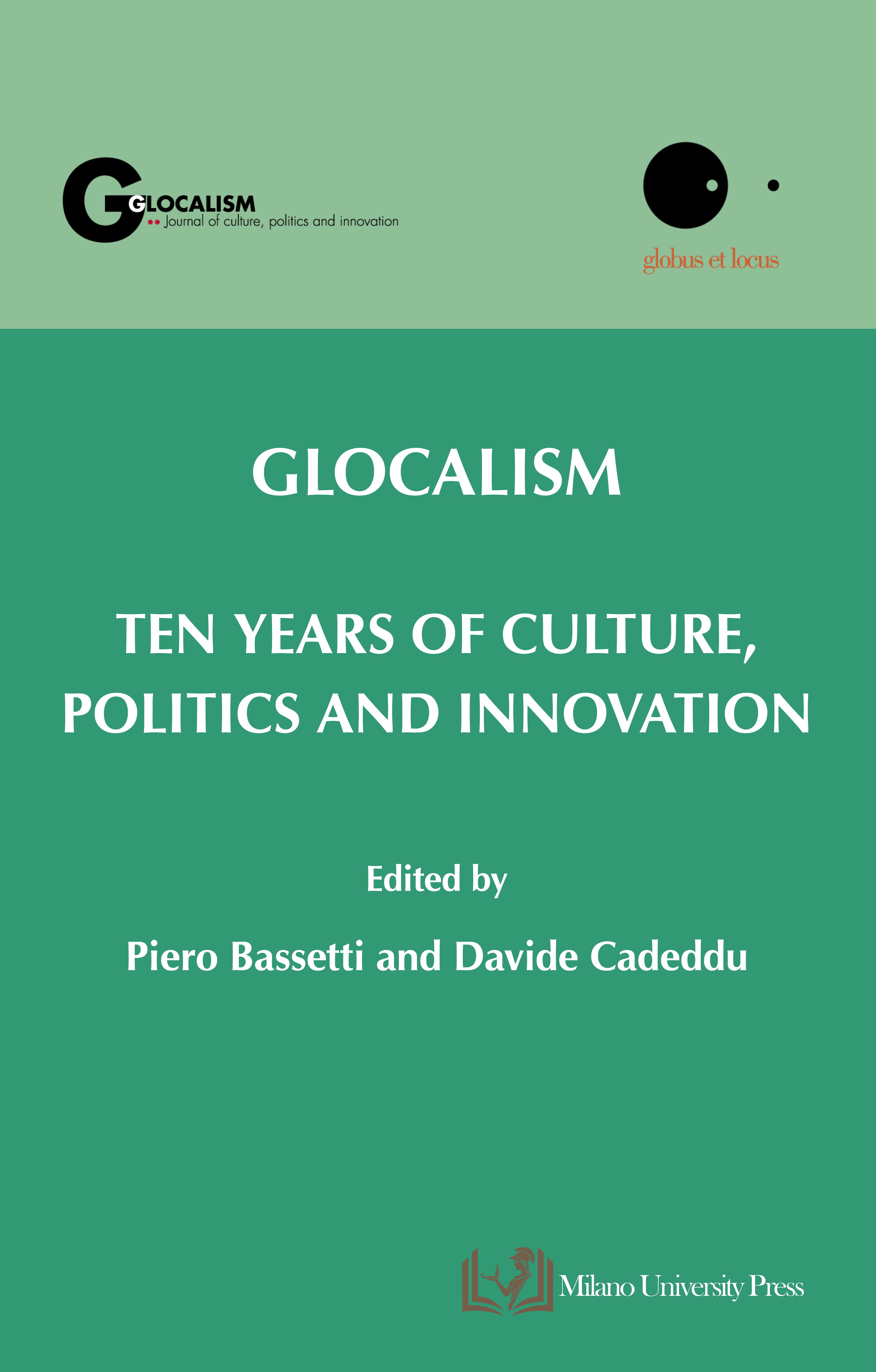The European Identity
DOI:
https://doi.org/10.12893/gjcpi.2017.2.11Keywords:
Europe, Identity, koinè, Cultural Integration, Political UnificationAbstract
European identity is not only a scientifically interesting question, but also a politically important issue: in fact, sixty years after the signing of the Treaty of Rome, the European Union finds itself for the first time facing risks that threaten its own existence. The European Union is a limited and incomplete project because Europe’s economic integration has not been accompanied by a genuine supranational political union and greater cultural integration. The deficit of democratic representation and cultural integration is due to the fact that the community process is based only on economic rationality and not on a feeling of common belonging. In the current situation in which the Union faces difficult challenges which threaten to undermine the future, it necessary to affirm the policy of interests with a policy of identity. In this essay, we will first concentrate on the concept of identity – that is on the nucleus of values and common institutions –; then we will discuss how the European identity has changed over time (also in relation to national identities) and what are the mechanisms that may favour its taking root in the current situation. The European project of political unification needs to be re-emphasized, finding the way to a European collective identity, not contrasted with but alongside the different national identities, referring to loyalty and shared commitment to a whole collection of cultural values: fundamental human rights, civil liberties, democratic political institutions, rule of law, freedom of movement of people, goods and capital, social justice and non-violent resolution of conflicts.
Downloads

Downloads
Published
How to Cite
Issue
Section
License
Copyright (c) 2023 Alberto Martinelli

This work is licensed under a Creative Commons Attribution-ShareAlike 4.0 International License.











